Is the UK about to decriminalise abortion?
A rise in prosecutions has led Labour MPs to challenge the UK's abortion laws
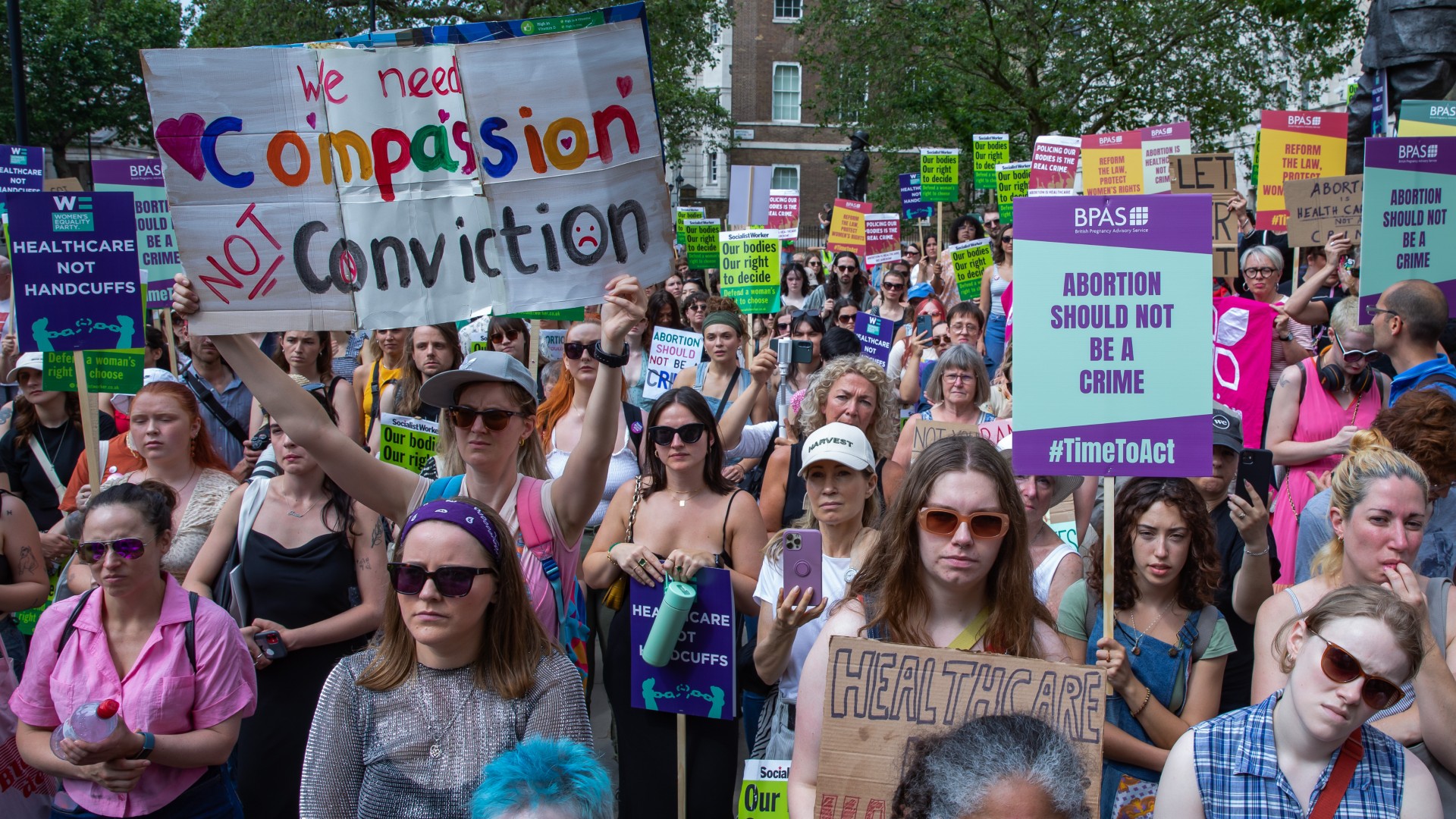
A free daily email with the biggest news stories of the day – and the best features from TheWeek.com
You are now subscribed
Your newsletter sign-up was successful
"When it comes to questions concerning the right to life, Westminster’s attention has been fixed on Kim Leadbeater's bill to legalise assisted suicide," said Fleur Meston on The Critic.
But there is a danger that "equally radical" proposals concerning the beginning of life "are going largely unnoticed". Indeed, "few commentators seem aware that we may be only weeks away from the de facto introduction of abortion up to birth in this country".
Labour MPs Tonia Antoniazzi and Stella Creasy have both tabled amendments to the Crime and Policing Bill. Their move "comes amid concern more women are being investigated by police on suspicion of illegally ending a pregnancy", said the BBC.
The Week
Escape your echo chamber. Get the facts behind the news, plus analysis from multiple perspectives.

Sign up for The Week's Free Newsletters
From our morning news briefing to a weekly Good News Newsletter, get the best of The Week delivered directly to your inbox.
From our morning news briefing to a weekly Good News Newsletter, get the best of The Week delivered directly to your inbox.
The MPs' amendments, in different ways, "decriminalise" abortion in all circumstances, said The Critic. Antoniazzi’s amendment "would remove any legal deterrent against women performing their own abortions at any gestation", while Creasy's proposal "would fully repeal the current underlying laws against abortion".
'Extreme' abortion laws
"Britain may soon have one of the most extreme abortion regimes in the world", said Miriam Cates, the pro-life supporter and former Conservative MP, in The Telegraph. The proposed amendments effectively decriminalise abortion "up to the moment of birth".
In Britain, abortion is currently legal until 24 weeks of pregnancy. "But for the pro-abortion lobby this isn’t enough," said Cates.
A YouGov survey revealed that 70% of MPs think women should not be liable for prison sentences if they have abortions outside current restrictions. "Yet this is wildly out of step with public opinion", with just 1% of British people supporting abortion up to birth. "How is such a wildly unpopular opinion on the verge of becoming law?"
A free daily email with the biggest news stories of the day – and the best features from TheWeek.com
The issue has only intensified since the 2020 Covid-19 lockdown, when face-to-face abortion services were suspended and women up to 10 weeks pregnant were allowed to access abortion pills by post.
But without in-person checks, they can easily be procured for pregnancies that have progressed beyond the legal limit. The pills-by-post scheme was meant to be a temporary measure, but "pro-abortion MPs hijacked an unrelated bill" in 2022 to make it permanent, despite warnings this would lead to "illegal abortions, dangerous late-stage terminations, coercion and undetected abuse".
'Traumatic' criminal investigations
Yet cases like Nicola Packer's, cleared last week of illegally terminating her pregnancy, expose the human cost of criminalisation, said The Guardian. "Already traumatised by discovering that she was 26 weeks pregnant, not about 10", as she believed when she took abortion pills prescribed through a remote consultation, Packer was then subjected to four years of "humiliating" criminal proceedings.
Packer's case is "an extreme one" but is "part of a growing trend". Around 100 women are believed to have been investigated over suspected illegal abortions in the last five years, with five cases coming to court in 2023 alone. "Before then, only three women were thought to have been prosecuted since abortion was made illegal in 1861."
And it is this surge in investigations, alongside an "influx of money and influence from anti-abortion activists invigorated by their triumph in the US", that has persuaded many people that "legislative change is now necessary".
"I am seeing first-hand, the implications of the sudden increase in prosecutions for abortion under these archaic clauses," said Dr Ranee Thakar, president of the Royal College of Obstetricians and Gynaecologists, in The Independent.
Women are now "being criminally prosecuted on suspicion of ending their own pregnancies under a law passed before women even had the right to vote". Recent cases include a teenager "left completely broken" after going through the trauma of a stillbirth and then being forced to relive the events six years later at her trial.
Abortions that take place outside the processes enshrined in current laws usually involve "extremely vulnerable women – including victims of domestic abuse, women with a history of mental health problems, women not registered with a GP, and women who are socioeconomically disadvantaged or have difficulties accessing the health system", said Thakar.
"How can traumatic criminal investigations be the right course of action in a compassionate society that strives for equality, fairness and tolerance?"
Sorcha Bradley is a writer at The Week and a regular on “The Week Unwrapped” podcast. She worked at The Week magazine for a year and a half before taking up her current role with the digital team, where she mostly covers UK current affairs and politics. Before joining The Week, Sorcha worked at slow-news start-up Tortoise Media. She has also written for Sky News, The Sunday Times, the London Evening Standard and Grazia magazine, among other publications. She has a master’s in newspaper journalism from City, University of London, where she specialised in political journalism.
-
 Political cartoons for February 15
Political cartoons for February 15Cartoons Sunday's political cartoons include political ventriloquism, Europe in the middle, and more
-
 The broken water companies failing England and Wales
The broken water companies failing England and WalesExplainer With rising bills, deteriorating river health and a lack of investment, regulators face an uphill battle to stabilise the industry
-
 A thrilling foodie city in northern Japan
A thrilling foodie city in northern JapanThe Week Recommends The food scene here is ‘unspoilt’ and ‘fun’
-
 The countries around the world without jury trials
The countries around the world without jury trialsThe Explainer Legal systems in much of continental Europe and Asia do not rely on randomly selected members of the public
-
 Virginia Giuffre: Prince Andrew accuser who stood up to 'power, money and privilege'
Virginia Giuffre: Prince Andrew accuser who stood up to 'power, money and privilege'In The Spotlight Woman at the centre of Jeffrey Epstein scandal and advocate for sex trafficking victims, has died aged 41
-
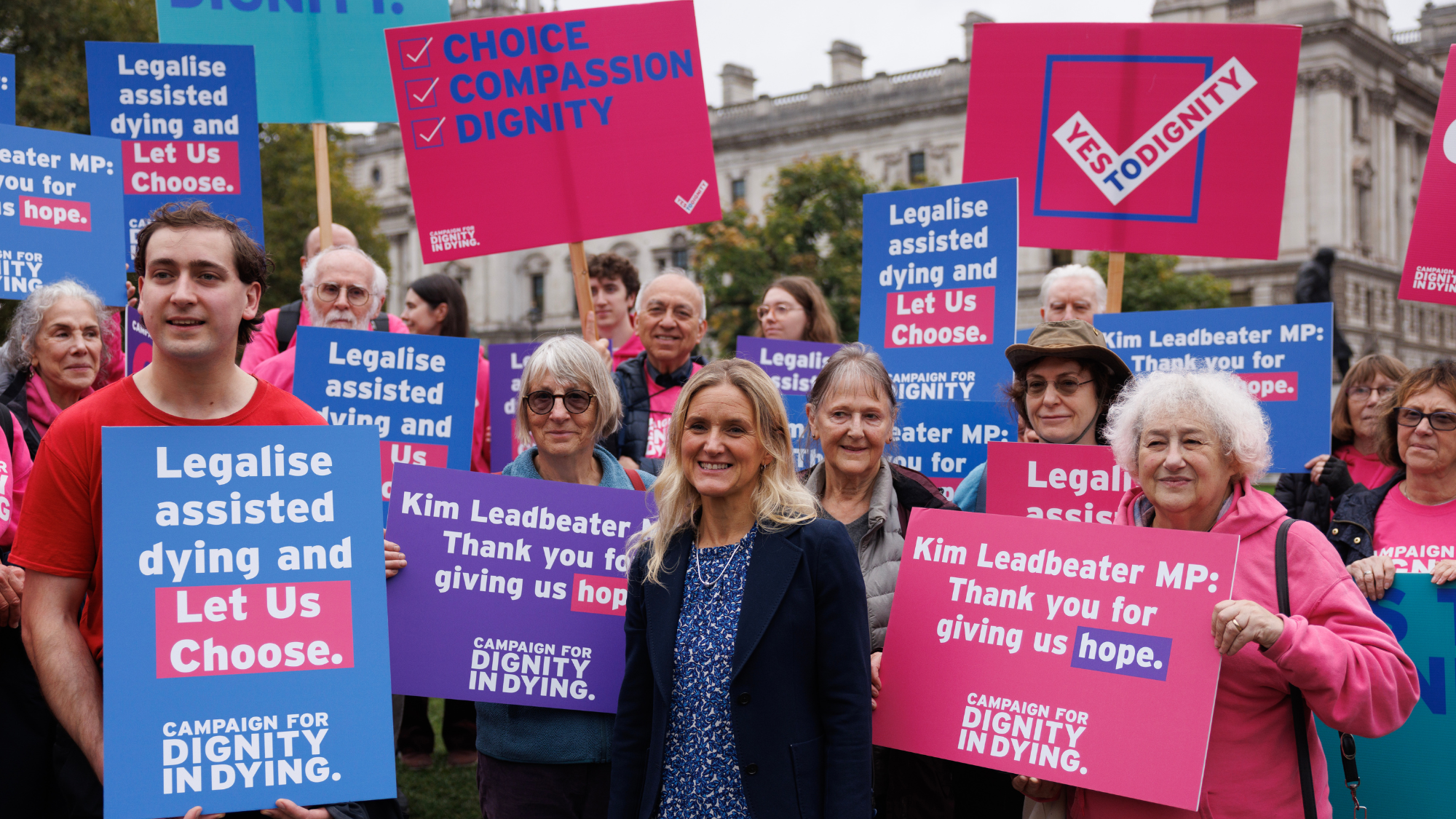 Assisted dying: what can we learn from other countries?
Assisted dying: what can we learn from other countries?The Explainer A look at the world's right to die laws as MPs debate Kim Leadbeater's proposed bill
-
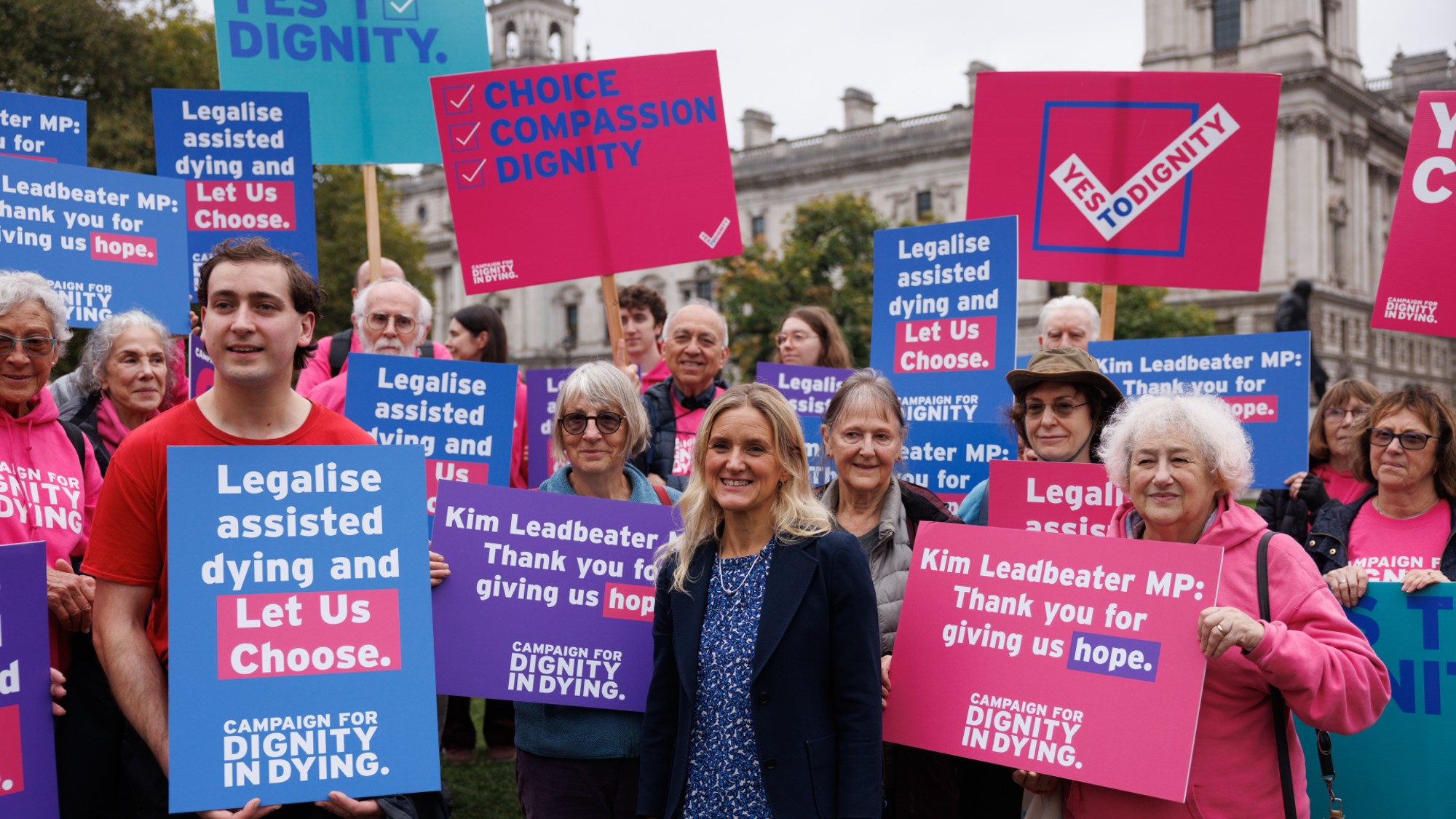 How would assisted dying work in the UK?
How would assisted dying work in the UK?The Explainer Proposed law would apply to patients in England and Wales with less than six months to live – but medics may be able to opt out
-
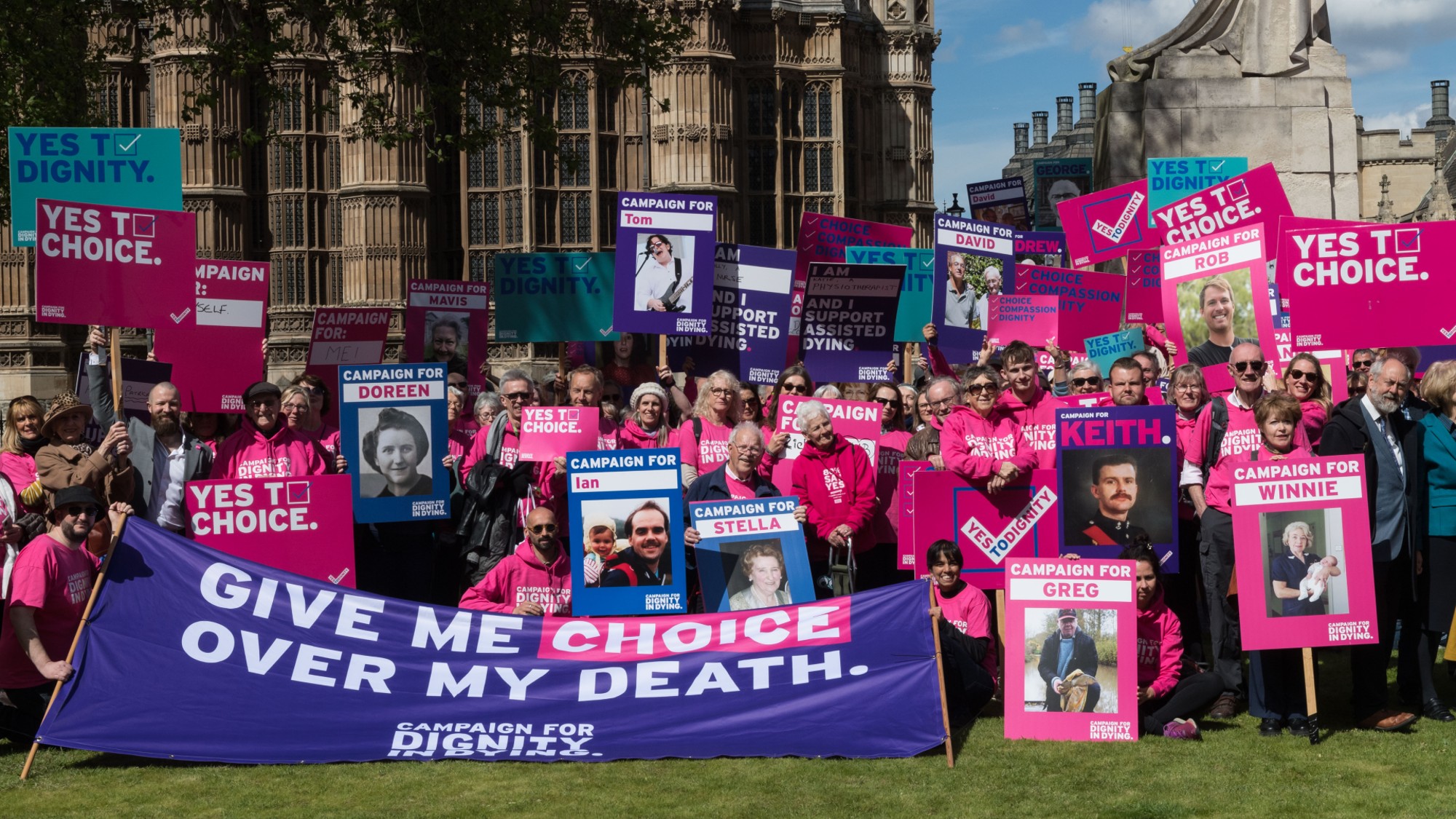 Assisted dying: will the law change?
Assisted dying: will the law change?Talking Point Historic legislation likely to pass but critics warn it must include safeguards against abuse
-
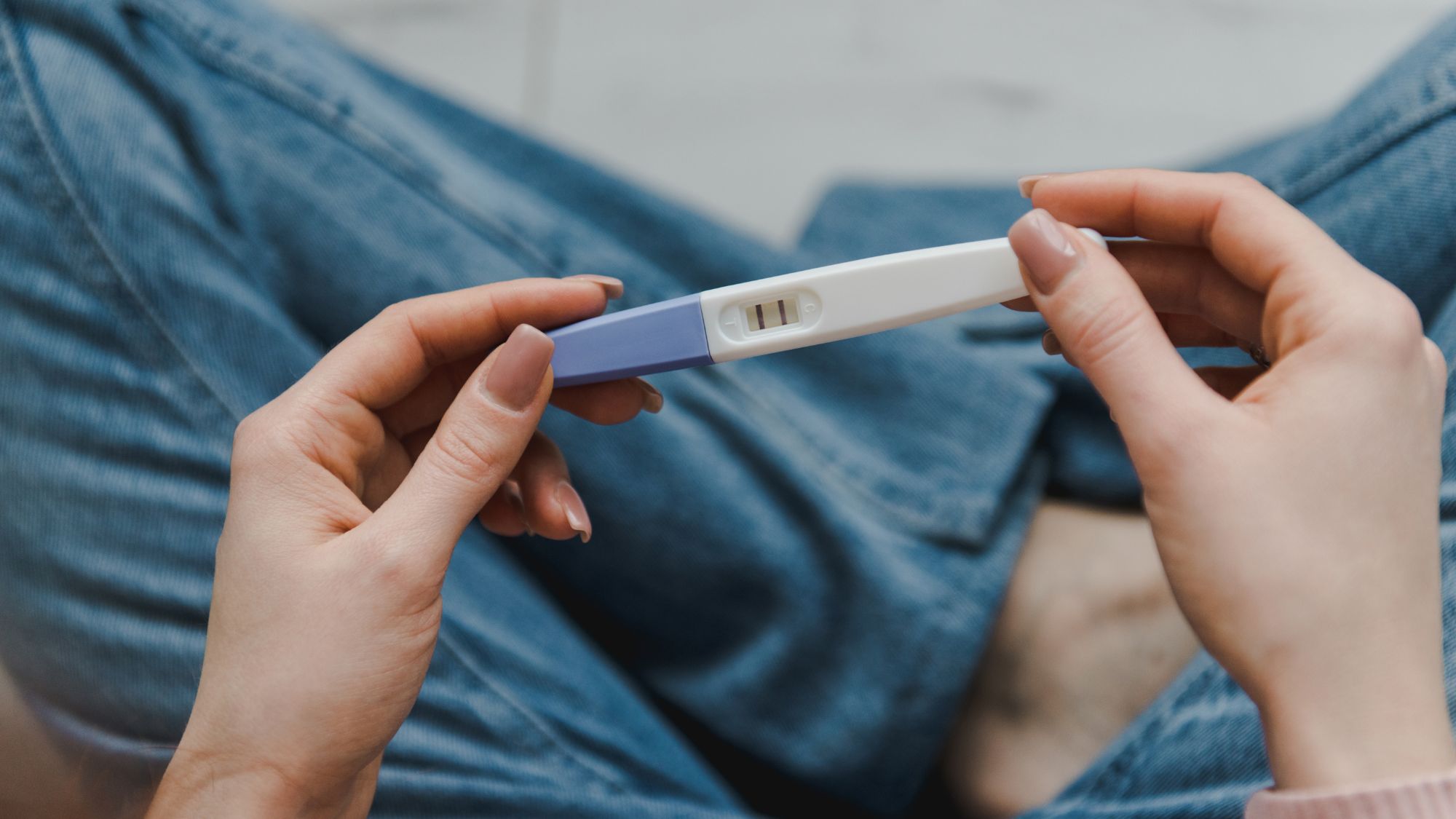 Abortions rise to record level 'due to cost of living'
Abortions rise to record level 'due to cost of living'Speed Read Low-income women face 'heart-breaking' choice, warns abortion charity chief
-
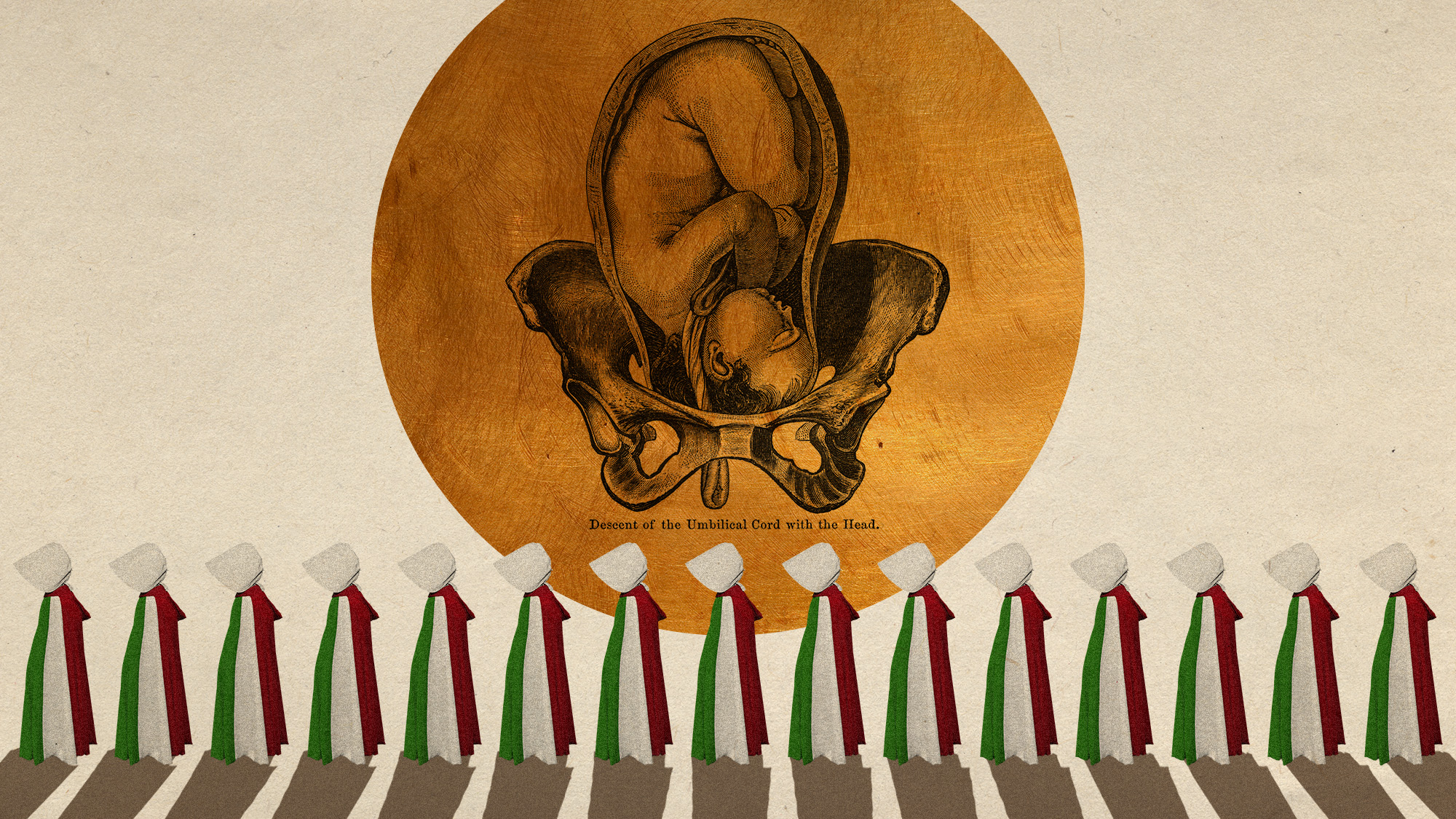 Italian senate passes law allowing anti-abortion activists into clinics
Italian senate passes law allowing anti-abortion activists into clinicsUnder The Radar Giorgia Meloni scores a political 'victory' but will it make much difference in practice?
-
 France enshrines abortion rights in constitution
France enshrines abortion rights in constitutionspeed read It became the first country to make abortion a constitutional right